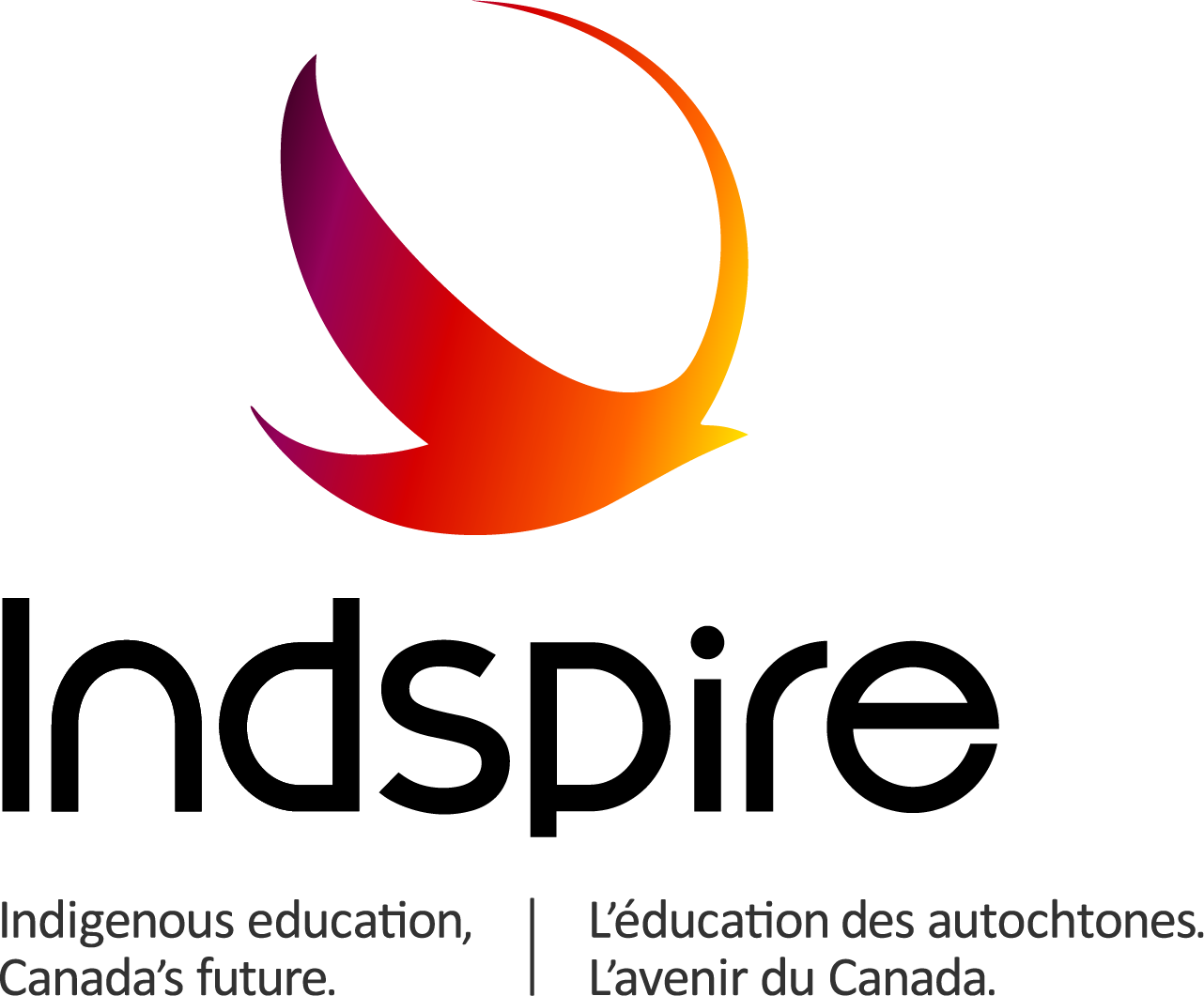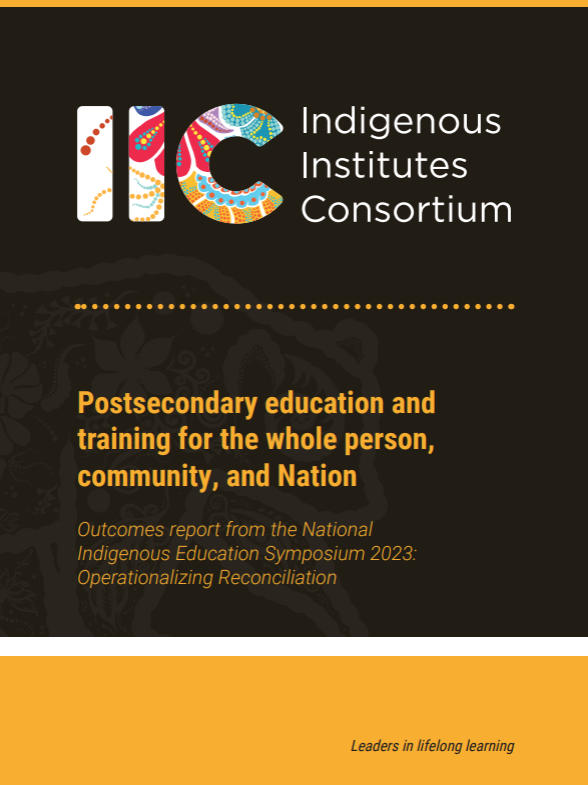IIC National Symposium

The Indigenous Institutes Consortium (IIC) and Colleges and Institutes Canada (CICan) are pleased to announce this year's National Indigenous Education Symposium will take place October 27-29, 2024 in Halifax, Nova Scotia, located in Mi’Kma’ki, the ancestral lands of the Mi’Kmaq people.
Under the theme "Indigenous Pathways to Address Canada’s Challenges", attendees from across Turtle Island will explore the role leaders in Indigenous education play in closing skills gaps, responding to the biggest challenges facing our communities, and reflect on a unified vision for promoting, protecting, and valuing Indigenous culture, knowledge, and history. Over 2.5 days, leaders in education, policy, and industry will share and learn from new and exemplary practices and programs that support the well-being, participation, engagement, and success of Indigenous learners.
In our continued commitment to advance reconciliation, this unique symposium will also provide a forum to launch a review, renew, and remobilization of the CICan Indigenous Education Protocol, now in its 10th year. We will also acknowledge and celebrate the 30th anniversary of the Indigenous Institutes Consortium.
Don't miss this important event, register now to secure your spot! Stay tuned for more information, including a call for proposals in the coming weeks.
Symposium Objectives:
- Build community support for reconciliation and for Indigenous-led institutes and post-secondary institutions across Canada
- Demonstrate the role Indigenous education plays in resolving challenges faced across Canada.
- Embed Indigenous learners and leaders at the centre of governance and leadership decision-making to drive institutional change.
- Offer innovative and leading-edge insights to support government activities and policies for the sector.
- Provide courageous, brave and inclusive opportunities for participants to reflect and share experiences, best practices, and foster potential collaboration amongst their organizations.
- Position Indigenous learners and graduates as an essential part of the solution to the labour market, environmental, and healthcare crisis.
- Promote cultural inclusivity, strengthen Indigenous voices and perspectives in academia, and support the holistic development of Indigenous learners.
- Stimulate a national conversation to highlight the importance, significance, and impact of Indigenous post-secondary education in Canada by bringing together non-Indigenous and Indigenous individuals and organizations to engage in essential discussions.
- Provide a forum for the launch of the process to review, renew and remobilize the CICan Indigenous Education Protocol.
- Acknowledge and celebrate the 30th anniversary of the Indigenous Institutes Consortium.
Thank you to our sponsors!




.
We acknowledge the support of the Canadian Race Relations Foundation with funding provided by the Government of Canada.
Keynote Speakers
.png)
Roberta Jamieson
Lawyer and Indigenous Advocate

Tabatha Bull
Preisdent and CEO of Canadian Council for Indigenous Business
2023 National Indigenous Education Symposium: Operationalizing Reconciliation (October 16th - 19th, 2023 in Regina, Saskatchewan)
Participants engaged with six main streams:
- Accessibility: Recruitment, Retention, and Success of Indigenous Learners;
- Braiding Indigenous Knowledge to Attain Climate Resilience;
- Empowering the Next Seven Generations;
- Strengthening Governance and Leadership;
- Indigenous Languages and Indigenous Teacher Training; and
- Indigenous Focus Applied Research.
Access the post-symposium report by clicking below to find out more:
2022 National Symposium on the Role of Indigenous Post-Secondary Institutions (October 13th, 2022 in Ottawa, Ontario)
Take a look at how IIC member institutes:
- Strengthen local community economies
- Respond to labour market needs
- Decolonize post-secondary education through an Indigenous approach


